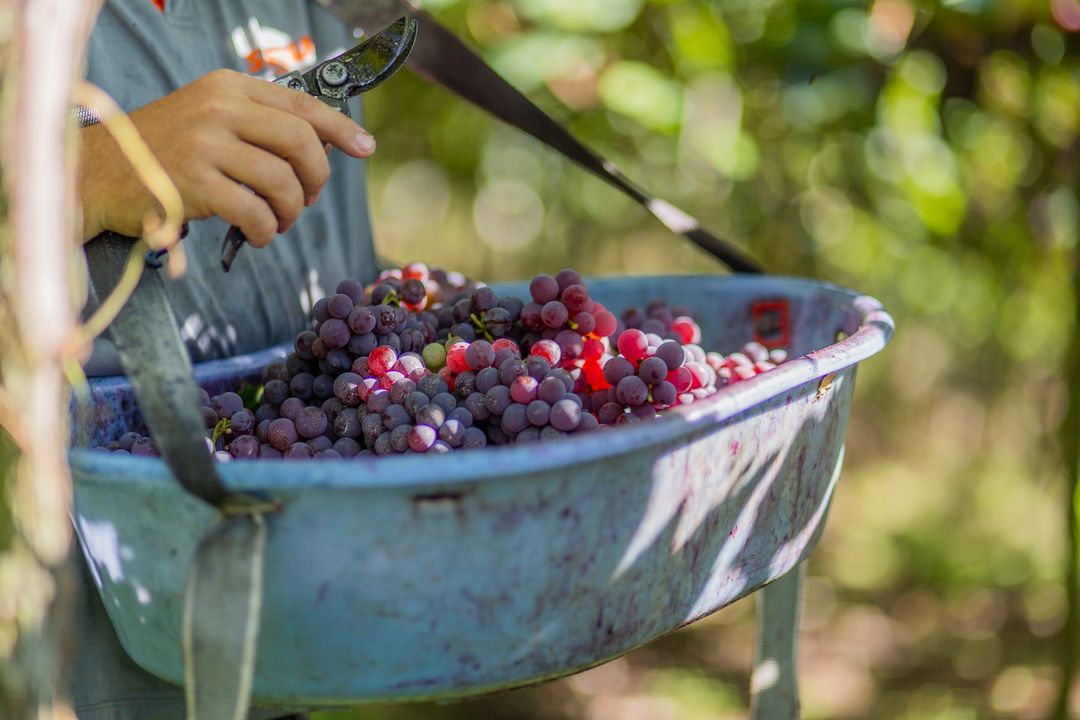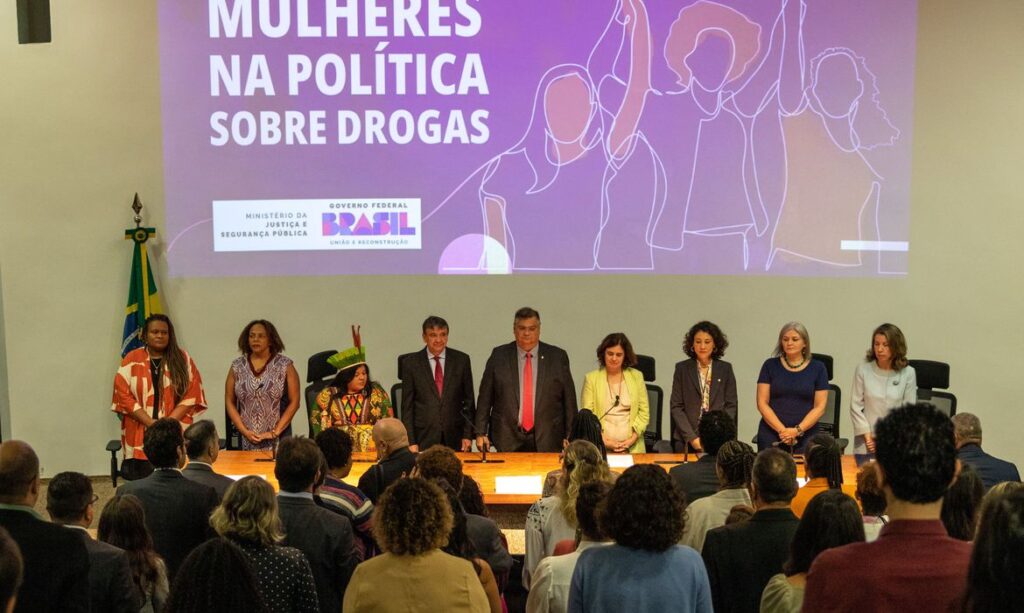São Paulo, Brazil – Brazil’s Federal Police along with the Ministry of Labor rescued more than 200 people who were living and working in slave-like conditions in Bento Gonçalves, a city in the southern state of Rio Grande do Sul.
The workers were employees of Fênix Serviços Administrativos e Apoio a Gestão de Saúde LTDA, a company that provided services to three traditional wineries in the region, including Salton, one of the most well-known wine companies in Brazil.
Famous for its high-quality wines, Salton has won numerous international awards. In December 2022, the company’s sparkling wines won three medals at the Effervescents Du Monde competition. The event, held in Dijon, in the French region of Burgundy, is one of the world’s leading wine evaluation contests.
Two and a half months after receiving that international recognition, Salton finds itself plunged into an unprecedented scandal alongside competitors Aurora and Garibaldi.
The case came to light after three workers, kept in conditions similar to slavery, managed to escape from the lodge where they were being held. On the road, they found a Federal Highway Police station and asked for help.
The men told investigators they traveled from the state of Bahia, in northeastern Brazil, to Rio Grande do Sul, on a 2,000-kilometer journey to work the grape harvest in Serra Gaúcha, the main wine-producing region in Brazil. According to them, they had been promised a salary of R$ 4,000 (USD $768), as well as food and lodging, when they arrived in Rio Grande do Sul. However, they were allegedly met with a very different reality.
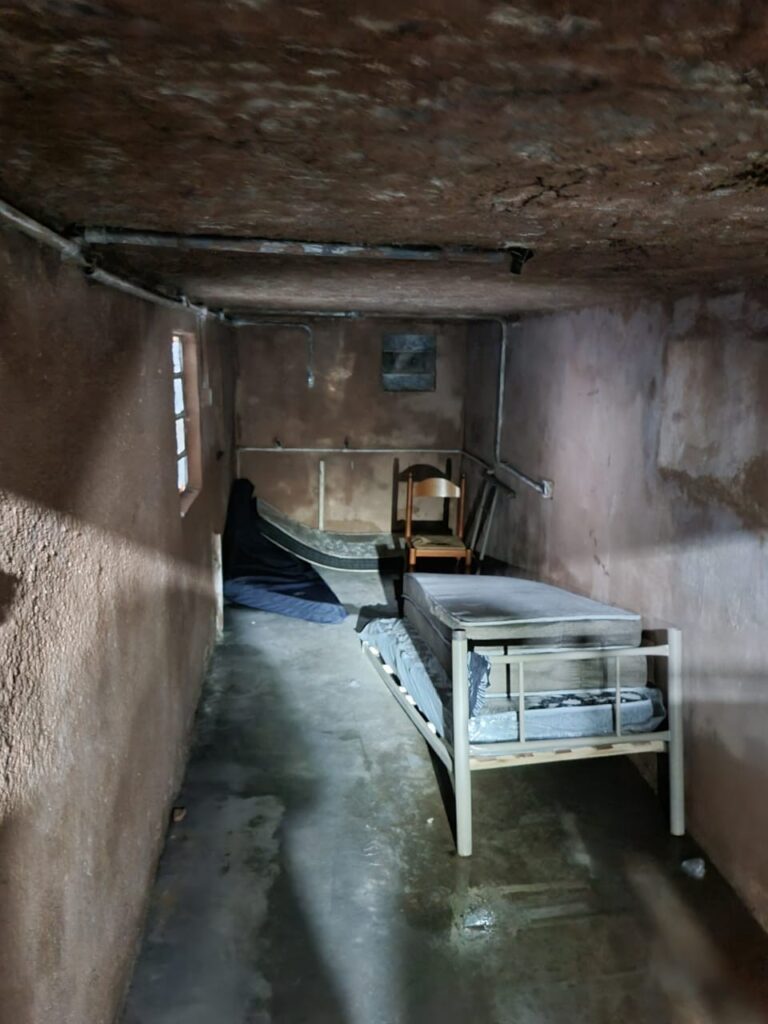
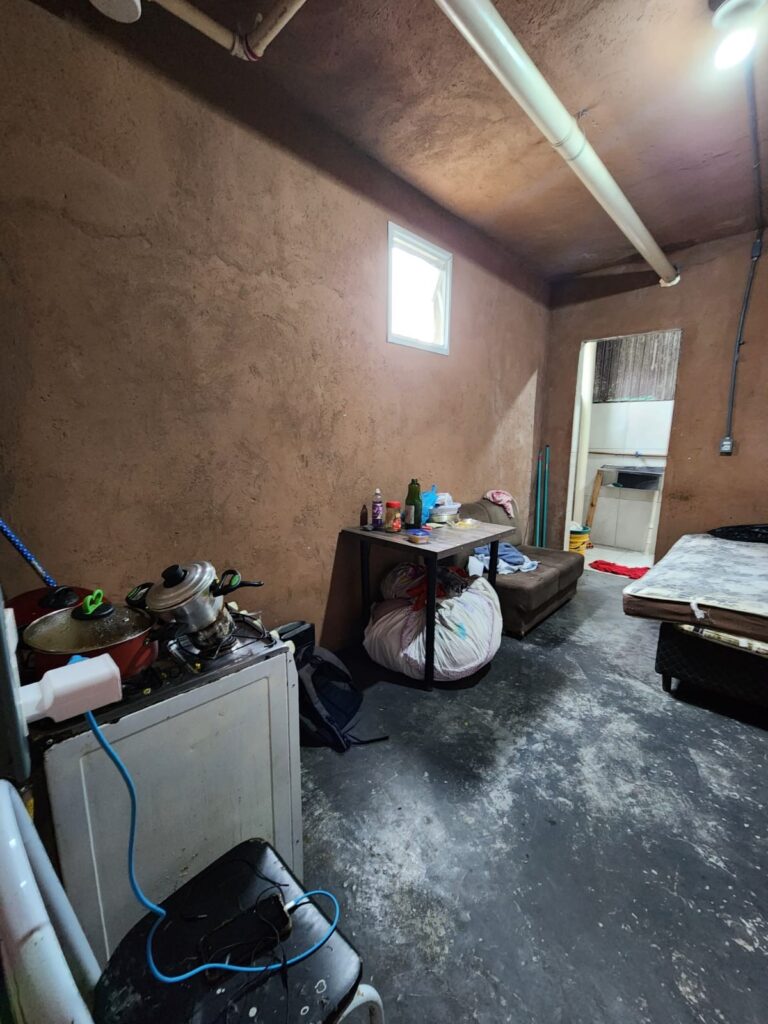
According to the complaint, workers were forced to endure an exhausting workday that started at 5:00 AM and ended at 8:00 PM, from Sunday to Friday, with only Saturdays off.
In addition, the workers reported being monitored by armed security guards, suffering physical abuse from their bosses, and not receiving payment, as expenses for lodging and food were being deducted from their salaries, leaving them in debt to the company. Because of these debts, they were not allowed to leave.
Following the complaints, Federal Police agents and representatives from the Ministry of Labor went to the company’s facilities in Bento Gonçalves and confirmed the situation. In total, 207 workers who were living in poor conditions were taken from their lodgings to a nearby gymnasium.
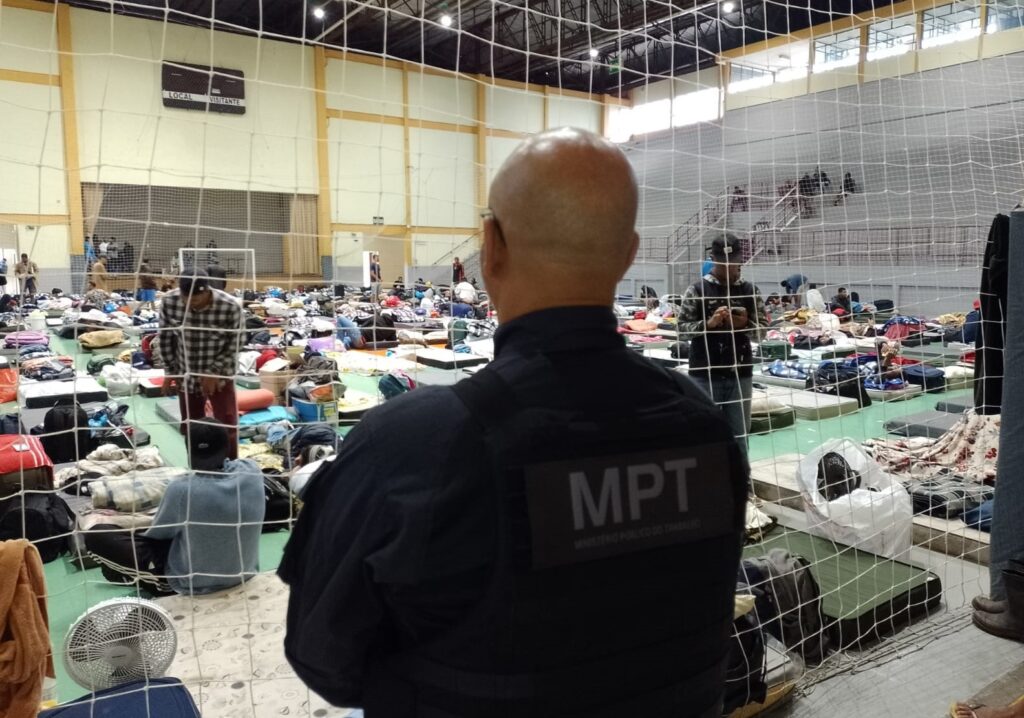
A man identified as responsible for the company that provided services to wineries was arrested but was later released after paying R$ 39,060 (USD $7,500) in bail.
In an agreement signed with the district attorney’s office in Rio Grande do Sul, the freed workers received R$ 500 (USD $97) each as emergency compensation, in addition to the wages owed for the work performed, and returned to the state of Bahia on four buses paid for by the owner of the company accused of holding them in conditions akin to slavery.
The three famous wineries that hired the services of the third-party company said they have always acted within the law and were not aware of what happened to the employees.



In an open letter, Salton also said that it repudiates any human rights violation and that upon learning of the case, it immediately suspended the service contract it had with the accused company. Additionally, Salton says it is reviewing the processes of selecting and hiring suppliers and has hired an external audit to certify social responsibility practices.
The Aurora winery said in a statement that “the recent events deeply embarrass them” and apologized to the workers who were victims of exploitation and to the Brazilian people. The company also said that its practices will be reviewed and all guarantees to ensure that an inexcusable episode like this does not happen again will be taken.
The Garibaldi winery also issued an official statement saying that it was surprised and angered by the allegations and promptly terminated the contract with the third-party company. The winery expressed solidarity with the victims and their families and reiterated that it does not condone the practices that were uncovered.
Despite the apologies, the reputation of the wineries involved in the scandal was damaged.

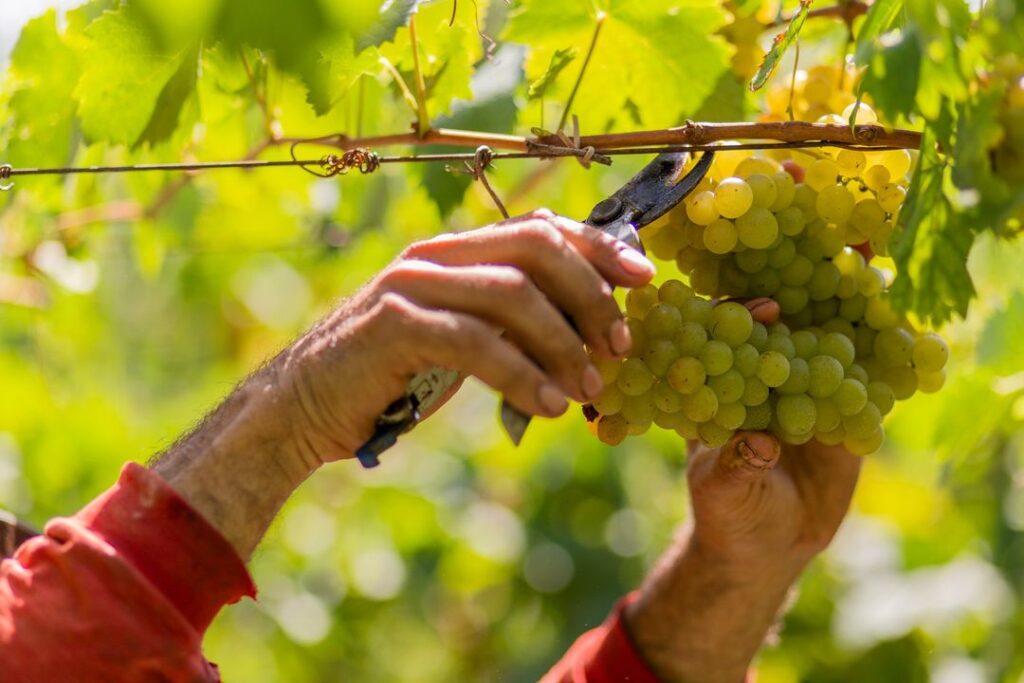
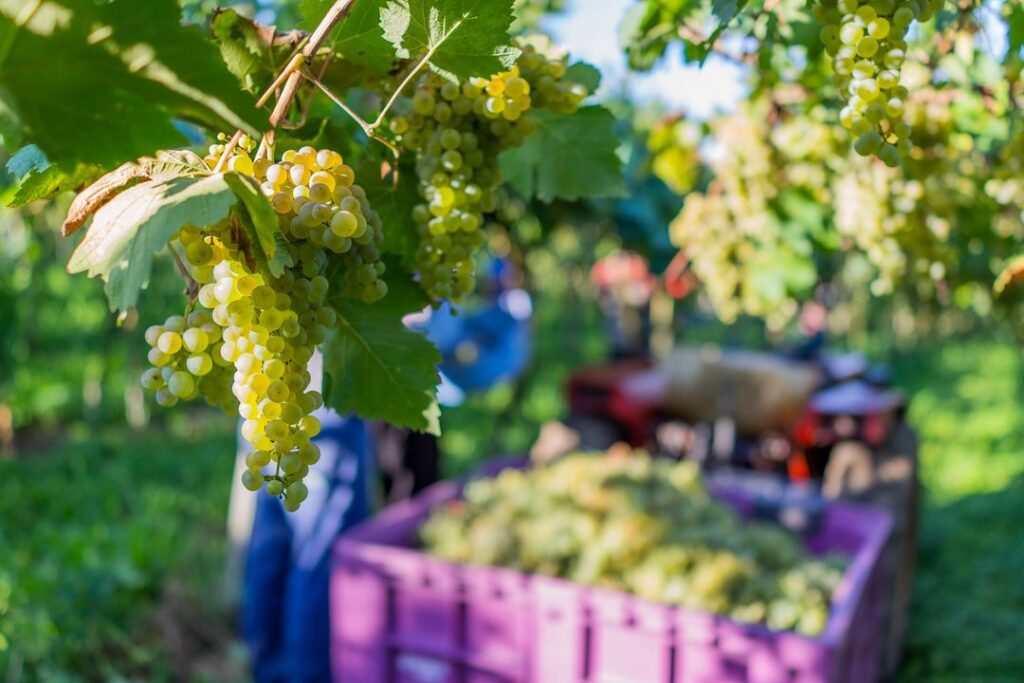
On the internet, calls for boycotts of the brands emerged, and the Brazilian Agency for the Promotion of Exports and Investments (ApexBrasil) decided to suspend the three companies from their activities. The agency promotes Brazilian companies’ products and services abroad to attract investments and was part of the agency’s actions through the Wines of Brazil project, which presents the country’s wines at international fairs. Until the end of the investigation, the three wineries will no longer be part of the program.
Although the wineries benefited from the services provided by the rescued workers, they most likely will not be criminally penalized, as the violations were made via the contractor.
Criminal charges could only be brought against the wineries if it was proven that they were aware of or actively participated in the actions that resulted in slave-like labor.
Fênix Serviços Administrativos e Apoio a Gestão de Saúde LTDA, in charge of hiring the workforce and for whom the men actually worked, is being investigated for human trafficking and slave labor.


